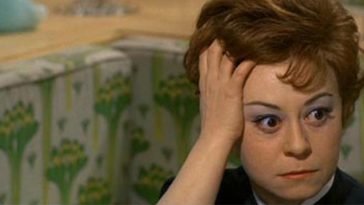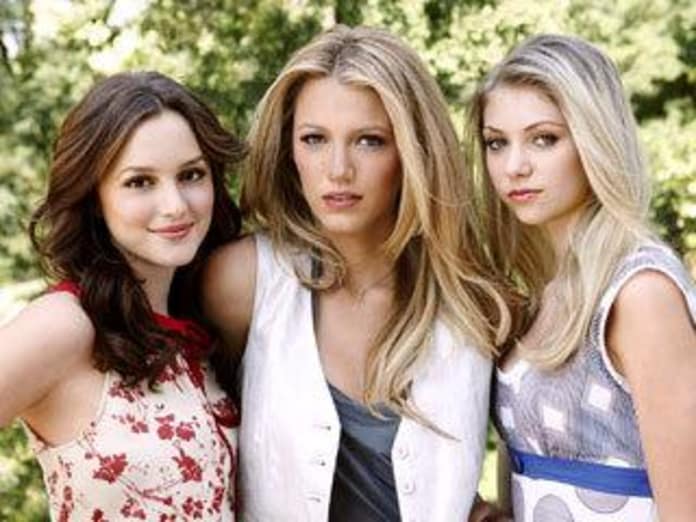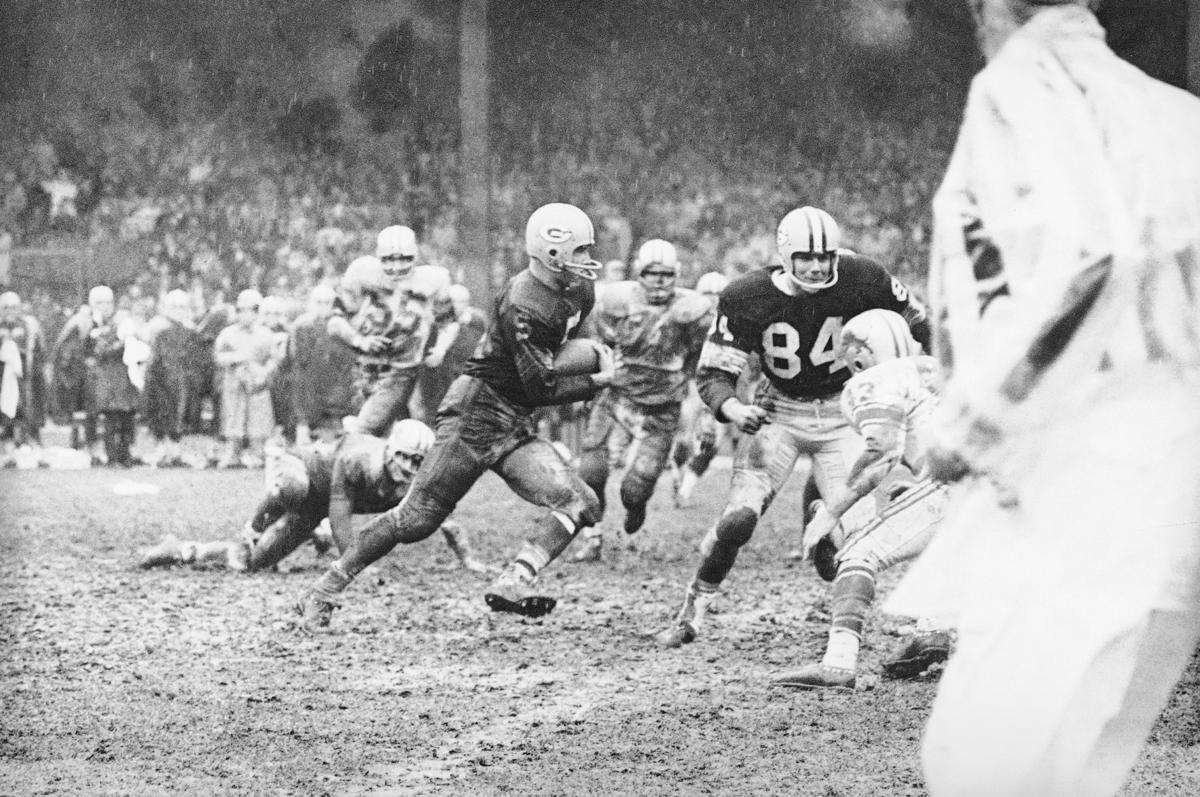I need to catch up on a little on my movie posts. As I went through a period where I was watching several extended TV series, I am not that behind (about 18 entries to do)
Bleak House (TV-1985)
Standard 1980s BBC literary adaptation, 8 hour long episodes. This one features the late Diana Rigg as Lady Dedlock and the warhorse English character actor Denholm Elliott as Mr. Jarndyce. It's pleasant enough to watch in the evening if one is too tired to read, especially the parts when they go out to the countryside. This one especially though you should just read the book. There is not much humor in this production at all, while much of the book is a veritable laugh riot, though of a kind that I guess is especially dependent on the author's delivery, which can be difficult to translate to the screen. I was disappointed that the Caddy Jellyby character, one of my favorites in the story, was cut out of this version entirely.
I was struck here, as happens sometimes in pre-1990s films or TV shows with entirely English casts, by how much all of the people on the screen broadly resemble each other in mien, as though the whole country prior to recent times was somewhat closely inbred, as perhaps it was. The strongest sense of this I ever had was when I visited the cathedral town of Lichfield in Staffordshire in 2001, and the faces of practically every person walking through the streets of the town bore a family resemblance to everyone else to an extent which I have never experienced in the United States apart from perhaps a few very isolated towns in the northern parts of Maine or Vermont. Anyway, I felt something of that in watching this movie. Nowadays of course it is fashionable to have diverse casts even in period pieces that are perhaps somewhat traditionally identified with a specific ethnicity. I understand the purpose in doing this, especially in the current climate where a lot of people without long roots in England feel excluded from much in the traditional culture, while the higher points at least of that culture are as yet too significant to just entirely chuck away, though I haven't as yet seen anything in this line that has struck the true tone, in the way that something like the Hamilton play seems to have in this country.
Blind Spot: Hitler's Secretary (2002)
Documentary, really just a series of interviews with an old woman who was, indeed, Hitler's secretary during the last couple of years in the war and was even in the bunker with Hitler and Eva Braun and Goebbels and the whole gang. At first I really did not like this, the subject was an ordinary, not especially brilliant or interesting old lady telling anecdotes about taking dictation from and having lunch with Hitler, and it didn't seem worth doing. It is an Austrian production so I trust their motivation for making it being perhaps more serious than if some adventurous or provocative American or Brit had undertaken the project, though the subject is not that exciting. Some of the recollections of the final days in the bunker when the end was truly at hand do admittedly hold a certain fascination. The secretary (whose name was Gertraud Junge, which I mention because I feel like my comment, while short, is too long now not to) was arrested and held briefly for questioning by both the Soviets and the Americans after the war but was let go to live out her life. She does not appear to have ever married or had children. Unless you have an especial interest in the mundane details of life in Hitler's inner circle, I think this can be skipped.
The Village (2004)
I did like the aesthetic of this. It is set in a retro Amish-like village in Pennsylvania surrounded by woods, everyone dresses like it's 1850, and the pretty girls in it are all of the pale, blue-eyed, reddish blonde type that I am not going to pretend I don't like. It's an M. Night Shyamalan movie, which means it has a rather stodgy plot with a twist ending that seems like it maybe could have had more of an emotional punch to it but is missing something. I do like that he sets most of his movies in the Philadelphia area, being from that part of the world myself, and I remember thinking at the time--it's been a while since I've seen it--that this film had a very appealing and in some ways gentle atmosphere, though there is also a decent amount of blood and violence in it, and I neglected to write down any specific examples and now I can't remember any. So I kind of liked it, and this even though William Hurt (again!), who is something of a bete noire of mine, was in it, though he is not quite as annoying as an older actor (he was around 53 when this was made) as he was when he was in his 30s and 40s.
Juliet of the Spirits (1965)
"Gossip Girl" (Season 1-2007)
When this came up in my game by which I pick which movies I am going to watch, I was not quite sure how to proceed, since the entire 6-season run of the TV show seemed to be specified, which could easily have taken up a year or more of my life to no obvious purpose. As it was, I decided that I would just watch the first season, and that in itself took up a ridiculous amount of time that I really don't have. I don't know now why I didn't just stop watching it. Part of it is that the kinds of things I like and am inclined to watch fall within a pretty narrow category and I feel like I have to endure other things both to be more aware of the world around me and in order to "deserve" an occasional treat of something I like, or think I like, usually for some nostalgic or sentimental reason. I also just have a hard time breaking off watching shows once I have started them unless they make me physically uncomfortable or I get completely lost trying to follow them, which was at least not the case with this. I also kept hanging in I suspect because there is a ton of hauteur with regard to money and education (not that anyone exactly seems that superiorly educated) and the characters carry themselves under the assumption that they own New York City, all of which is calculated to appeal to me. The show is well-cast, I guess. The characters entirely lack physical flaws and empathy for other people, so that it is pretty much impossible for a regular person to imagine himself being friends or have a romantic interest with any of them, which I think might be the point of the show. As if any more proof of the failure of my education were needed, I often imagined in the course of the program that it would be nice if, when I died, rather than going straight to the presence of God to contemplate His Holy Presence forever (as a result of my good behavior), I could be permitted to experience a couple of years of life in the manner of Chuck Bass, the dissolute, amoral, cruel scion of a billionaire who lives in the penthouse of his father's hotel and regularly enjoys threesomes with the property's female employees. I did tweak my system after this to try to address the problem of too many long seasons of TV shows getting onto my list.
To think that there were 5 more seasons after this.
I am cutting my "Gossip Girl" review short but if anyone wants to have a more in-depth exchange about this program please don't hesitate to reach out.
The Night of (2016)
One of those modern limited TV series that everyone binge watches nowadays (this was an HBO production) this also takes place in New York, though a completely alternative vision of it from that depicted in "Gossip Girl" and perhaps in some ways just as sensational. This was written by the fairly well known novelist Richard Price, once memorably (to me) described in one of the book reviews as "self-consciously hard" which image has always stuck with me. For the first couple of episodes I actually had confused Richard Price with the Pynchonesque highbrow writer Richard Powers, and was thinking, this is kind of a departure for him, isn't it? but eventually I realized that it was actually this other guy. This is psychologically unpleasant to watch much of the time, as most of it takes place in police precincts and in prison, but it is extremely well made and has a ton of detail. I actually started taking notes on it on my phone while I was watching it, but then I stopped, I don't remember why. Sometimes I am suddenly struck by the urge to do this, and then I am not. Here are a few thoughts that floated through my normally airy brain while I was watching this:
There is a tremendous amount of effort put into these relentlessly distressing, joyless modern TV shows. Traditional literature not like this (ed--I should say that it doesn't feel like this. And even in Greek or Shakespearean tragedy the idea is that the unpleasant events are necessary for the fulfillment of divine or universal justice, and to open up the possibility at the end of cleansing or rebirth, right?) There are interludes (in traditional literature) of humor, joy, and other emotions. Do modern artists feel more oppressed and suffocated than their predecessors?
Show excels in gritty realism. But how realistic is the crime itself?
There are no white people in this version of Riker's prison (though my wife was watching a show some time after I finished this where Hugh Grant of all people was incarcerated there--they must have used some of the same sets, including the one for the waiting room, it looked just like it did in this movie). The intended effect on your college-educated white audience, which I assume is the primary consumer of this particular type of program, I would imagine is to remind them, or at least those that are mildly interested in such things, that there are entire worlds and ecosystems right under their noses, of which they know nothing, more brutal and elemental and dynamic than anything they have or ever will have a part in.
Some of the characters in "Gossip Girl" were supposed to be facing jail time themselves, but they of course were able to meet bail or flee the country via private plane.
Judge to a black convict complaining about the much lighter sentence meted out to a Jewish businessman who had committed some white collar offense: "You want Jew time? Do a Jew crime." Great line. Would they really say this?
Is this what we want our police to be? It's too much. (referring to the unbelievably thorough gathering of evidence and information via surveillance, acquisition of phone/GPS/financial records, DNA testing of everything, etc.)
The fact that none of the crimes, including murder, that take place in prison are very aggressively pursued, contrasts with the total surveillance state of the outside "free" society.
I wonder if Richard Price came across the Tavon White story--he was the inmate who took over a prison in Baltimore, got four of his nominal guards pregnant, and orchestrated a steady stream of lobster, steaks, drugs, phones, and all kinds of other goodies to flow into the jail--and used it as inspiration for the ruler of the prison in this. It was a fascinating story, though maybe a common one to people who know more about the world of prisons. It was the first thing that came to my mind however.
I want to wrap this up now. There are a lot of things about this I do like. It would be great to see a New York based series about this same gritty world of immigrants and small time lawyers and hole in the wall businesses and all of these kind of urban non-bourgeois characters without the murder and prison and police, or at least without so much of it, with this same sensibility. I'm not going to have time to say what I wanted about the ending, or about what this show is trying to say about prisons, which is less a question of their being good or bad as that it is a fact with an immense influence on the kind of society we have--but I have to stop now, I am imposing a deadline on this posting.










